Spotted: Suramin surprise; film under fire
An ancient drug eases symptoms of fragile X syndrome in mice, and “The Imitation Game” draws ire over an autism innuendo.
An ancient drug eases symptoms of fragile X syndrome in mice, and “The Imitation Game” draws ire over an autism innuendo.

Existing autism therapies do little to lower the lifetime costs of having the disorder, so clinicians should consider more efficient and inexpensive alternatives, says David Mandell.

It’s no easy feat to whittle down the list of the most influential autism papers to a mere 10. So please consider this but a taste of the burgeoning field, presented in chronological order and based on suggestions from many researchers.
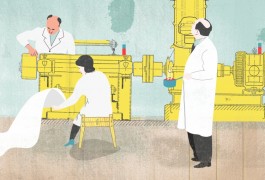
For 2014, rather than compile the ‘top tools and techniques’ — a list certain to include CRISPR and other technical tricks detailed in our weekly Toolboxes — we asked researchers to dream up the next big tool in autism research. Their wishes range from protein sequencers to scanners that can capture brain activity during daily activities.
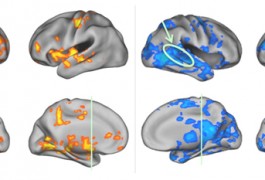
Pivotal response treatment, an effective form of behavioral therapy for autism, normalizes brain activity in children with the disorder, according to a small study published earlier this month in Brain Imaging and Behavior. This suggests that brain imaging can signal early responses to autism treatments.
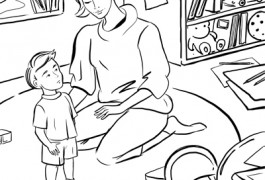
Behavioral interventions that are led by parents and learned at home can improve autism symptoms in toddlers.
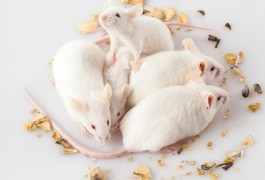
A setup that mimics early behavioral intervention reverses social and cognitive deficits seen in a mouse model of fragile X syndrome.
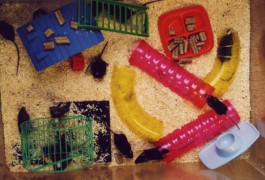
Rats exposed in utero to the epilepsy drug valproic acid, a risk factor for autism, do not develop autism-like behaviors if they are reared in a stimulating environment. Researchers presented the unpublished findings yesterday at the 2014 Society for Neuroscience annual meeting in Washington, D.C.
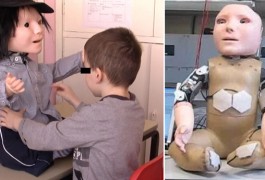
Robots that help children with autism become more socially engaged may also increase understanding of sensory processing in the disorder, suggests unpublished research presented today at the 2014 Society for Neuroscience annual meeting in Washington, D.C.
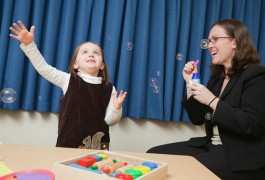
After four months of a behavioral therapy known as pivotal response training, children with autism show improved behavior and enhanced activity in brain regions that process social information. Researchers presented these preliminary results from a trial yesterday at the 2014 Society for Neuroscience annual meeting in Washington, D.C.